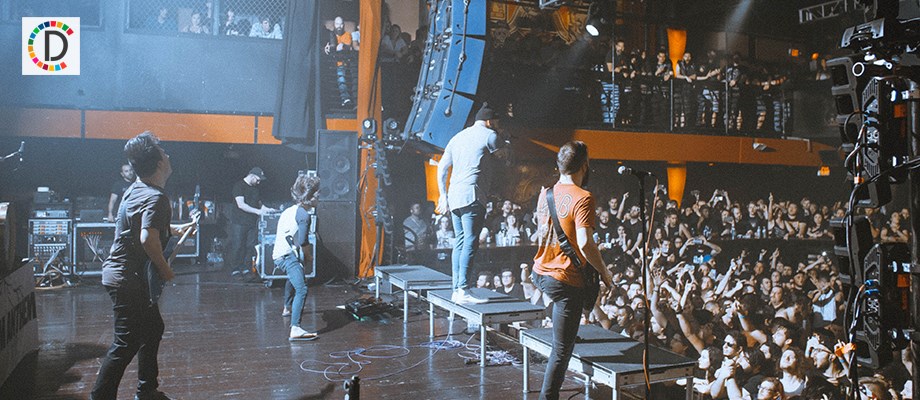Five Indian films, all built in Mumbai but disparate in spirit and compound, attribute in Belfast-born, Edinburgh-centered filmmaker and critic Mark Cousins’ stimulating 160-minute documentary, ”The Tale of Movie: A New Generation”.
Made throughout the pandemic and studded with unforgettable motion picture moments, the documentary had its entire world premiere on the opening day of the 74th Cannes Film Competition as if to notify the earth that cinema is, and will constantly be, alive, no make any difference what adversity it faces.
”The Story of Movie: A New Generation”, a aspect of the Cannes Classics segment, opens with a shot of the new cinematheque in Madrid – a image of hope and renewal for diehard enthusiasts of a medium that is absolutely nothing if not dynamic.
”A New Generation”, a abide by-up to Cousins’ 15-hour magnum opus ”The Tale of Film: An Odyssey” (2011), tracks the imaginative improvements, technological breakthroughs and new strategies of looking at in an picture-intense, notice-deficient electronic age.
Apart from covering the past 10 years of American and European cinema, it focuses extensively on Asian and Arab films. It also touches upon the pandemic, far too, and ruminates on its repercussions: lockdowns, confront masks and social distancing. The riveting, considered-provoking overview of ”the new millennium of movies” cites Anurag Kashyap’s 5-hour ”Gangs of Wasseypur”, Rajkumar Hirani’s ”PK”, Sanjay Leela Bhansali’s ”Goliyon ki Rasleela Ram-Leela”, Anand Gandhi’s ”Ship of Theseus” and Anand Patwardhan’s amazing documentary ”Reason” among the most significant films of the latest era.
”A New Generation” is written, photographed and narrated by Cousins. It handles a dizzying array of movies and probes the evolution of the essential movie genres, the extensions of film language, the centrality of faces in cinema, the explosion of streaming platforms and interaction units, and the introduction of effectiveness seize and de-getting old applications.
Starting with ”Joker” and ”Frozen”, it encompasses a numerous assortment of movies – from ”Cemetery of Splendour”, ”Parasite” and ”Shoplifters” to ”Mad Max: Fury Road”, ”Black Panther” and ”Midsommar”, and from ”Norte, the End of History”, ”Holy Motors” and ”An Elephant Sitting down Even now to Hustlers”, ”Gravity” and ”Baby Driver” – to seize the strategies and instructions of 21st century cinema.
Cousins sees ”Gangs of Wasseypur” as “one of the most complex” gangster films in the 80 a long time considering that the start of the style. A “most elaborately choreographed song” from ”Ram-Leela” featuring Ranveer Singh figures in the film.
The documentarian, whose credits contain ”Women Make Film” (2018) and ”The Eyes of Orson Welles”, also notes “the colours… and musical energy” of a further Bollywood variety, this one particular from ”PK”, with Aamir Khan and Sanjay Dutt.
The filmmaker describes a “tonal shift” in PK as “one of the biggest… in modern day cinema”. He regards ”Reason” as a person of the most substantial documentary movies of our instances and identifies a “moment” in Patwardhan’s film as “one of the bravest… in latest cinema”.
”Ship of Theseus”, with its theme of ailment, healing and renewal, is held up as a cinematic exemplar of the transitions that mankind is witnessing nowadays as it sits on the cusp of a process that could alter it further than recognition. Cousins makes a exclusive point out of films that point a finger at our inhumanity and our refusal to understand the lessons of historical past.
Cousins has yet another film in Cannes Classics this calendar year – ”The Storms of Jeremy Thomas”, a documentary on the prolific British producer who has over the earlier five decades collaborated with a several of the world’s biggest filmmakers, notably Bernardo Bertolucci, Nagisa Oshima, Wim Wenders, Lars von Trier and David Cronenberg.
(This story has not been edited by Devdiscourse team and is vehicle-produced from a syndicated feed.)

